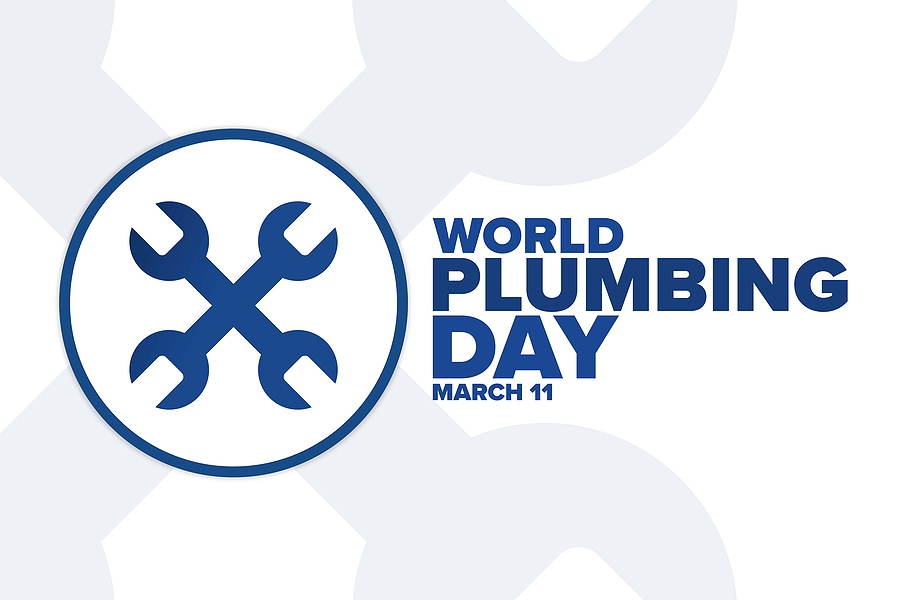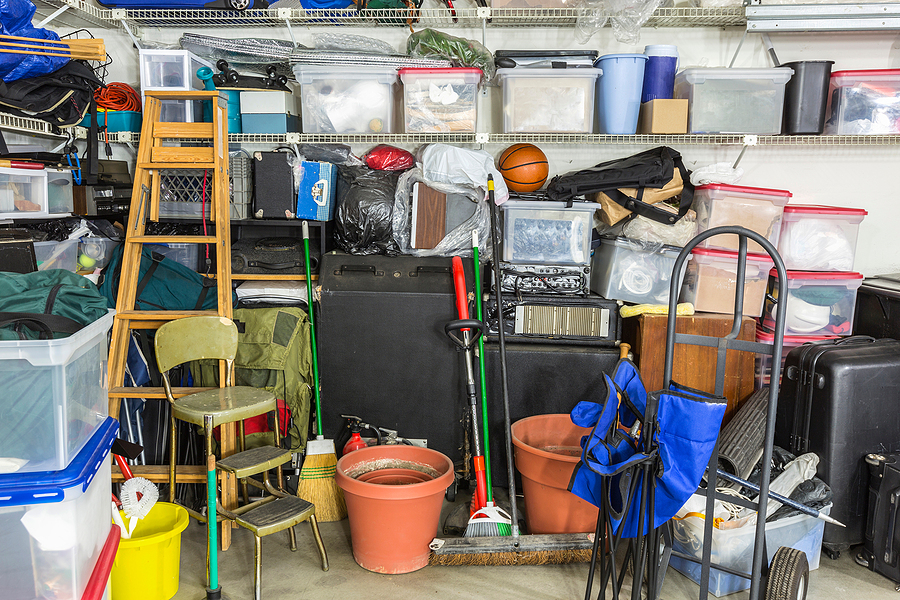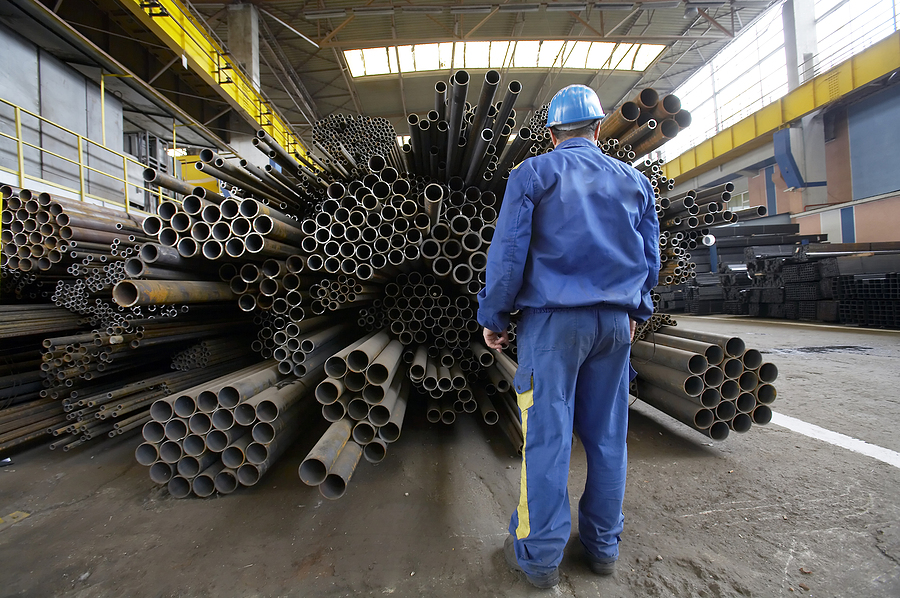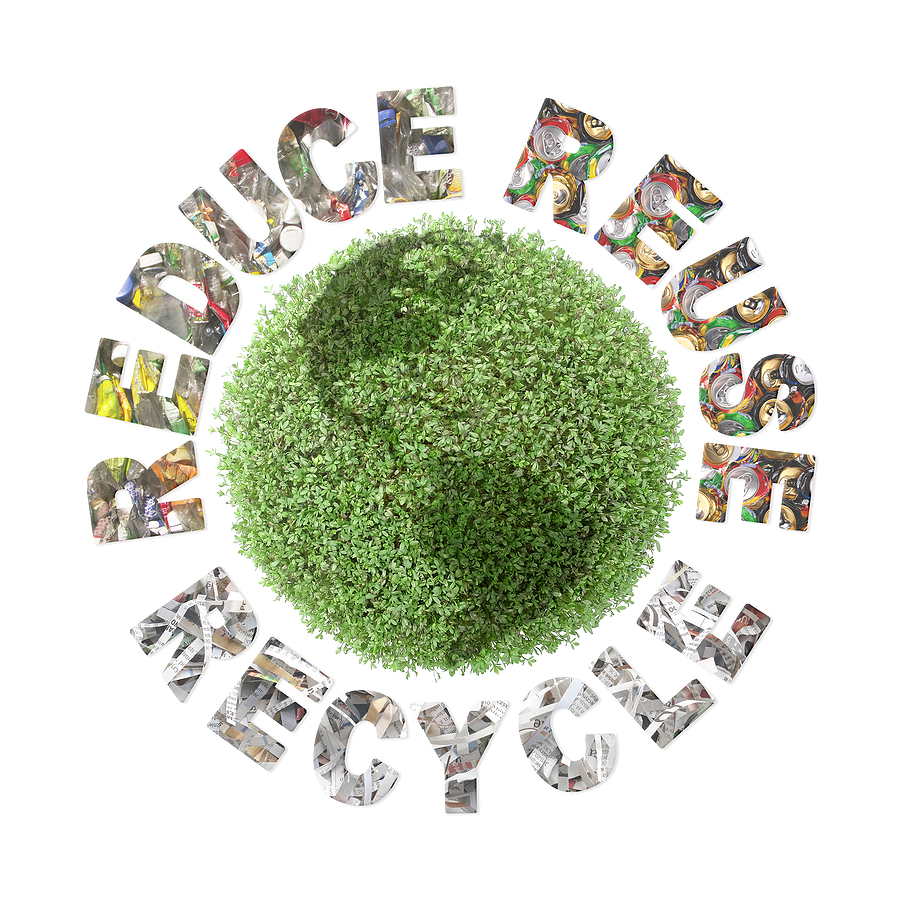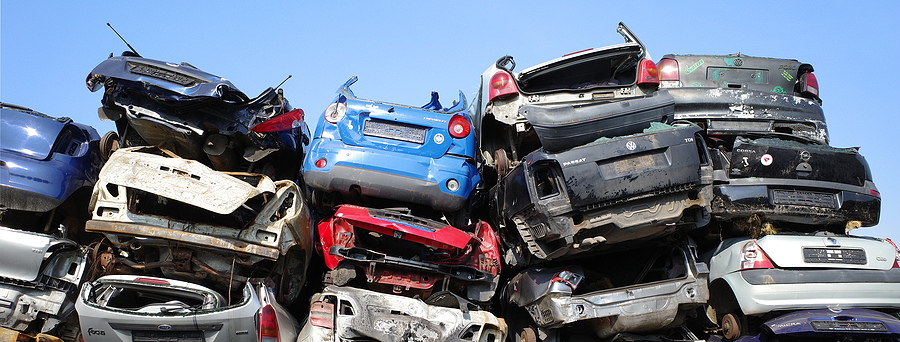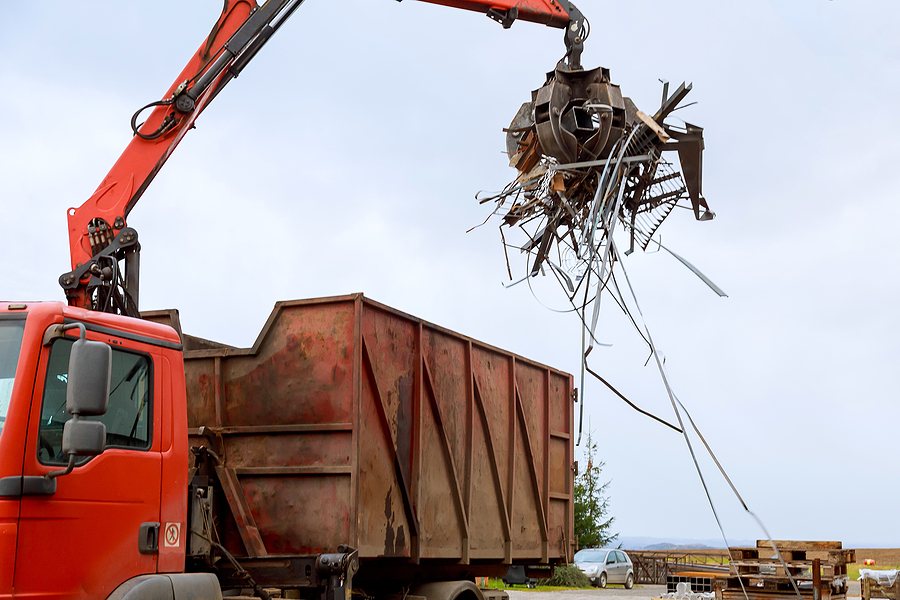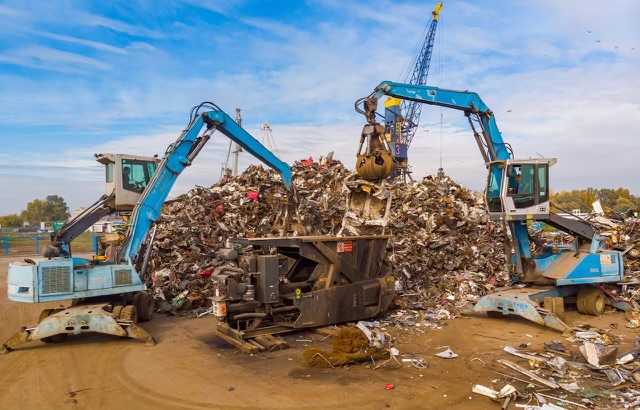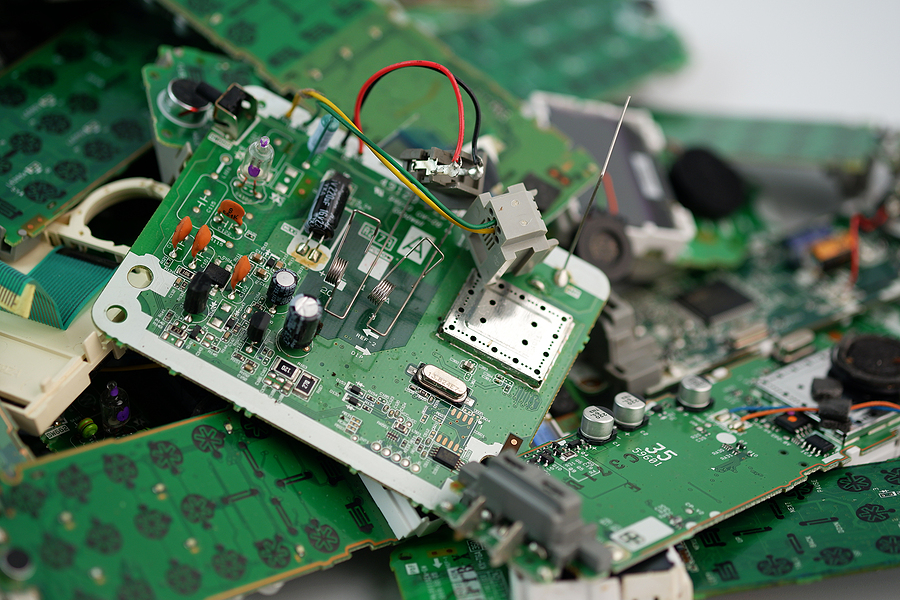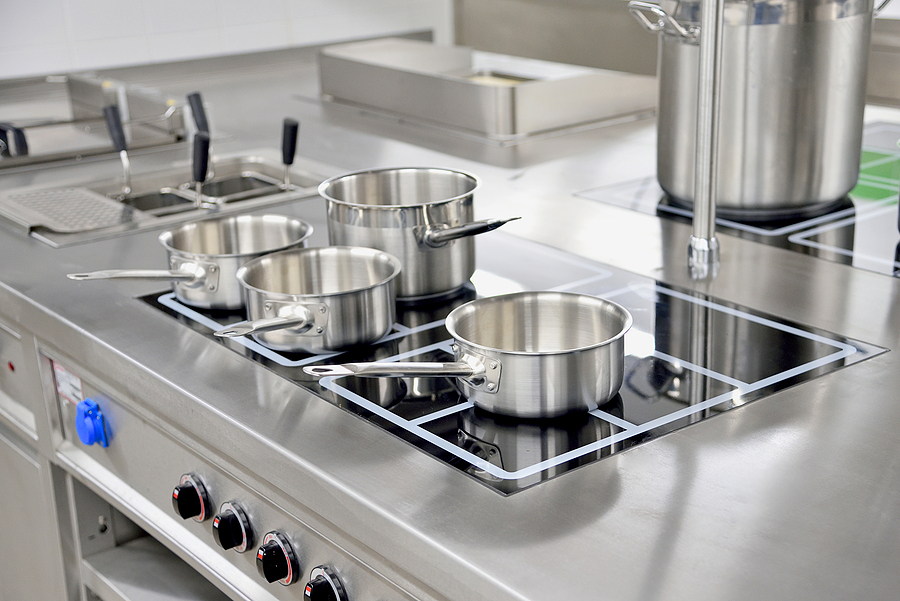Metal has always been a cherished material in the realm of furniture making—sturdy, malleable, and often with a timeless aesthetic. However, as trends change and pieces wear out, discarding old metal furniture can become an environmental burden. But what if there was a way to get rid of your unwanted patio sets, benches, and bed frames in a convenient, Eco-friendly manner that also has the potential to earn you extra cash?
Enter sustainable solutions for recycling old metal furniture. In this blog post, we will explore the benefits of opting for environmentally conscious disposal methods and provide practical tips for getting rid of your unwanted metal furniture.

The Problem with Traditional Furniture Disposal
Traditional modes of furniture disposal, such as throwing it out with the garbage or taking it to a landfill, can have serious environmental consequences. Metal takes an incredibly long time to decompose in landfills and can release harmful chemicals and greenhouse gases into the atmosphere during this process. Additionally, due to the sheer volume of furniture being disposed of every day, landfills are quickly running out of space.
Moreover, simply tossing out old metal furniture means losing out on any potential financial value it may hold. All metal can be recycled and repurposed for a variety of uses, making it a valuable resource that should not go to waste.
The Benefits of Recycling Metal
Every time you bring your old metal furniture to a scrap metal recycling center, you’re making a positive impact on the environment. Recycling metal reduces the need for mining, conserves energy, and cuts down greenhouse gas emissions. Plus, it’s a resource that can be recycled without loss of quality, meaning your old patio chair could one day be part of a shiny new object without any downgrade in material integrity.
Economically, metal is a valuable commodity. Recycling centers will often pay you for your scrap metal based on the current market rates, turning your trash into treasure and providing an incentive to recycle.
How to Prepare Your Metal Furniture for Recycling
To make the most out of your recycling efforts, it’s vital that you prepare your furniture properly:
- Disassembly: Take apart your furniture to separate metal from non-metal parts. This might mean removing non-metallic pieces like cushions or glass tabletops.
- Cleaning: Ensure your metal is free from major contaminants like dirt or food waste. This helps to streamline the recycling process.
- Transportation: Consider how you’ll get your furniture to the recycling center. Local recyclers may offer pick-up services, or you may need to transport the items yourself.
Finding the Right Scrap Metal Recycling Center
Use online directories or ask for recommendations from local environmental groups to find a reputable scrap metal recycling center near you. When searching for a metal recycling business, you’ll want to consider:
- The center’s reputation and reviews from other recyclers.
- The types of metal they accept and if they handle residential materials.
- Location proximity to reduce the carbon footprint of transportation.
- The payment method, ensuring it is reliable and fair.
The Scrap Metal Recycling Process
Once at the recycling center, your old metal furniture will undergo several stages. This process ensures that your furniture is transformed into raw material that can be reborn as any number of new items, continuing the life cycle of the materials.
- Inspection: Metal is checked for type and quality.
- Sorting: Different metals are sorted.
- Shredding: Large pieces are broken down for further processing.
- Melting: Metals are melted in large furnaces.
- Purification: Impurities are removed, and the metal is refined.
- Solidifying: Purified metal is formed into bars or sheets for reuse in manufacturing new products.
Conclusion
By choosing to recycle your old metal furniture, you are not only decluttering your space but also contributing to a circular economy that benefits both the planet and your pocketbook. It’s a proactive approach to waste management that goes hand-in-hand with an increasing global consciousness towards sustainable living.
Before you toss that rusty bench or decrepit bed frame, contact your local scrap metal recycling center to find out how you can turn waste into wealth. Remember, the path to a cleaner, greener future is paved with the small decisions we each make—dispose responsibly.
Are you ready to recycle your old patio set or bed frame? Or any scrap metal for that matter? Contact Zore’s Recycling at 317-244-0700 and get started with our fast and convenient metal furniture disposal services in Indianapolis, Indiana. Together, we can make a difference—one piece of metal at a time. And best of all, we pay cash on the spot!
Related Posts:
Can Cast Iron Be Recycled?
How to Do a Scrap Metal Scavenger Hunt That Rewards You With Cash
What You Can and Cannot Put in Your Rented Dumpster

